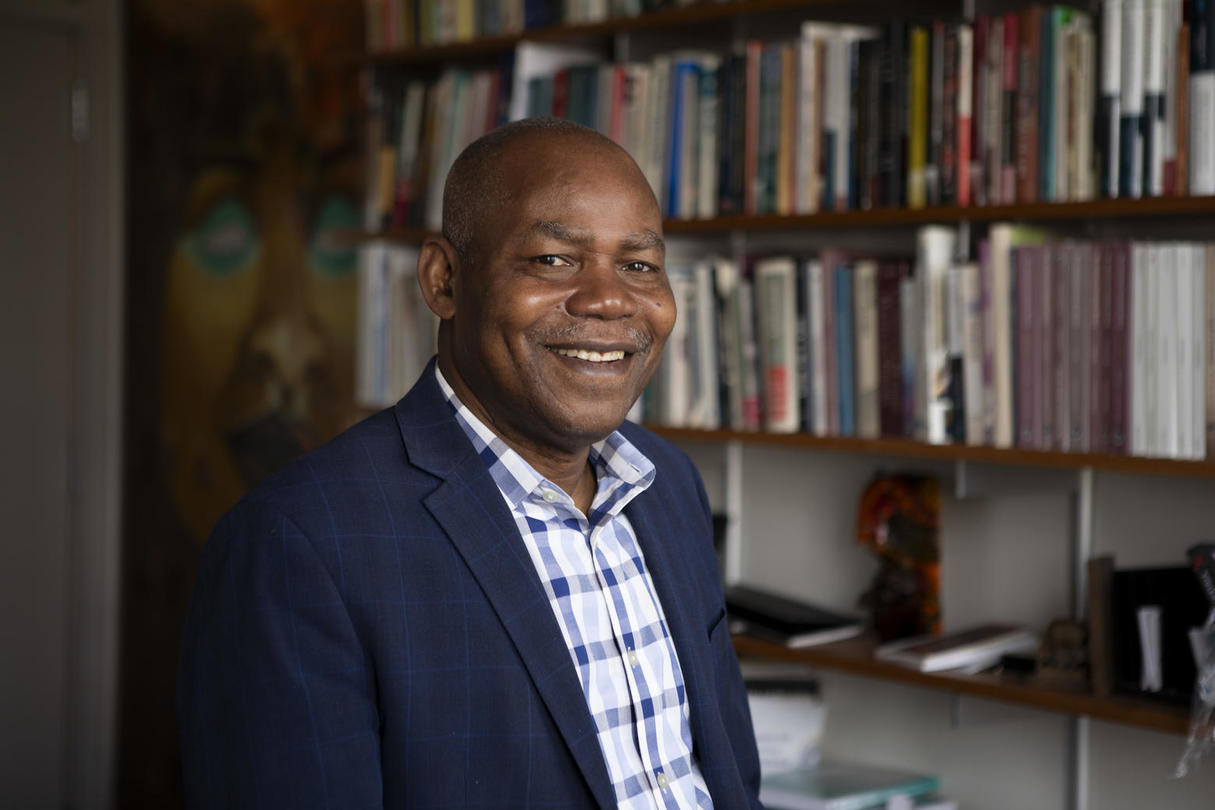In Conversation With Leonard Wantchekon

Leonard Wantchekon, James Madison Professor of Political Economy and Professor of Politics and International Affairs, traces much of his scholarship to his formative years as a student activist in Benin.
In the ’80s, he helped found the Front Démocratique du Bénin, a national organization that included workers, student unions and pro-democracy groups. Through the 1970s and ’80s, he rose to a prominent place in the opposition that helped hasten the end of the oppressive regime of General Mathieu Kérékou.
Princeton Int’l spoke with Wantchekon about peaceful conflict resolution and the African School of Economics, a project helping to erase some of Africa’s colonial legacies.
